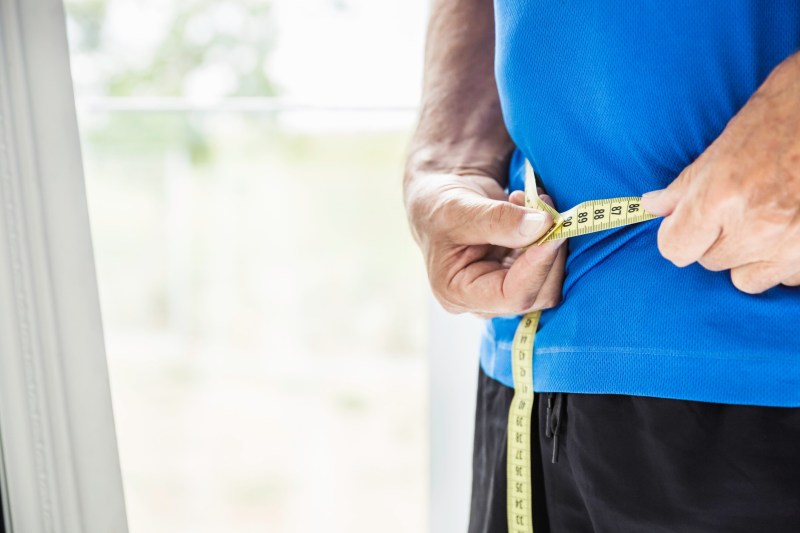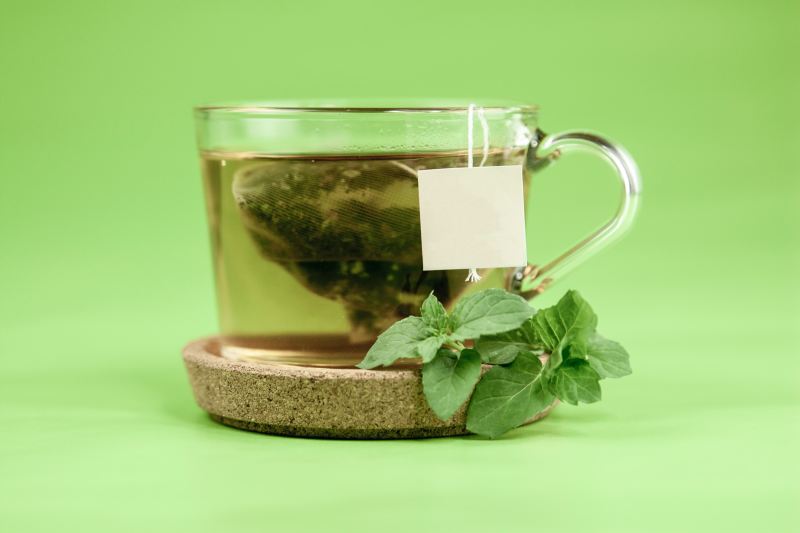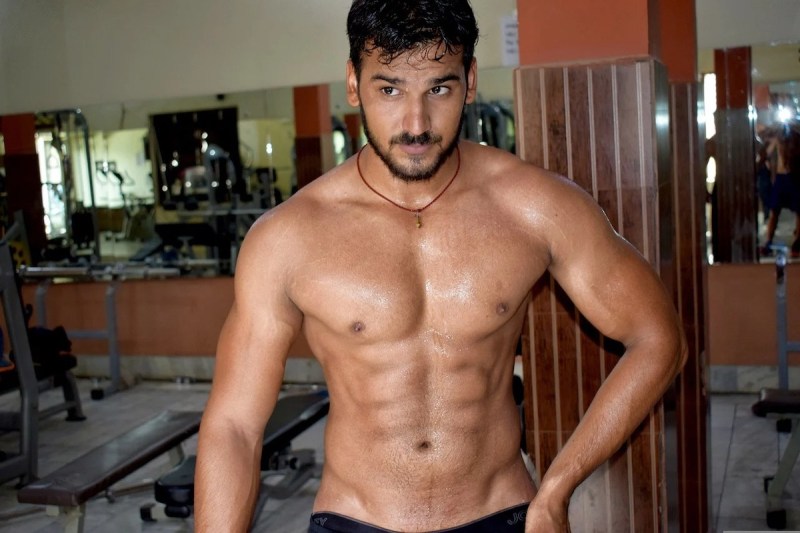People hardly talk about how to lose weight without exercising. In fact, when you think of weight loss, the first thing that may come to your mind is exercise. Losing weight without hitting the gym or engaging in intense physical activity might seem impossible, but it’s achievable. As a trainer, I have had many clients approach me looking to lose weight but unable to exercise for various reasons, so if this sounds like your situation, you’re not alone.
By focusing on strategic lifestyle changes in other areas of your life, you can effectively shed pounds while skipping workouts. We’ve explored some science-backed strategies for weight loss without exercise. Continue reading to learn more.
Can you lose weight without exercising?

In simple terms, weight loss happens through a process known as CICO (calories in, calories out). This means that you can lose weight without exercising by creating a calorie deficit — consuming fewer calories than your body uses.
A calorie deficit can be achieved through dietary changes like eating nutrient-dense, low-calorie foods, controlling portion sizes, and avoiding high-calorie, processed foods.
However, exercise helps you burn more calories because you use more energy when you are physically active. This is why people hardly talk about weight loss without mentioning exercise. Additionally, exercise offers other health benefits, including improved metabolism, muscle maintenance, and overall well-being, so combining both approaches is often most effective.
Why would someone avoid exercise while losing weight?

The biggest reasons people may avoid exercise while trying to lose weight are physical. People living with disabilities, or those who have chronic pain and diseases that cause pain, may find it extremely difficult to move more. In some cases, it might even be unsafe. Other reasons people may avoid exercise are that they don’t have time due to a busy schedule or they simply dislike exercise.
The conventional idea of exercising — going to the gym and running on the treadmill or lifting heavy weights and putting yourself under strain in the presence of others — is not appealing to many people. If you’re such a person, you should know that there are many other ways to exercise, and you can slowly ease into making it part of your life.
You can start by using staircases instead of elevators when you can afford the time, parking farther from the store when you go grocery shopping, doing some pushups and body weight squats in your bedroom, or going on serene walks with a loved one. By doing these simple things, you’ll definitely reap some of the benefits of exercise, and it may encourage you to be more consistent with it.
Still, if you absolutely cannot exercise and want to lose weight, the good news is that there are so many other factors that affect weight loss apart from exercise, so much so that people who ignore these factors may stall their weight loss journey. Let’s consider some of them.
How does nutrition impact weight loss?

Nutrition is the cornerstone of losing weight and maintaining a healthy lifestyle. You are, after all, what you eat. Here are some ways nutrition can make or break weight loss progress:
- Calorie intake: Consuming fewer calories than your body burns is essential for weight loss. Focus on nutrient-dense foods that are low in calories but high in fiber and protein to keep you full.
- Portion control: Even healthy foods can hinder weight loss if eaten in excessive quantities. Monitoring portion sizes can prevent overeating.
- Meal timing: Eating at consistent times and avoiding late-night snacking can help regulate hunger hormones and prevent unnecessary calorie consumption.
- Food quality: Opt for whole foods over processed options. Whole grains, lean proteins, fruits, and vegetables provide essential nutrients while supporting weight loss goals.
Controlling stress and sleep to see results

Stress is another often overlooked factor that severely impacts whether you lose weight or not. An article by the University of Utah Health Medical Center states that “higher cortisol levels can cause people to build up fat around their bellies.”
Cortisol is the hormone produced in your body when you’re stressed, and it is typically important for survival. However, normal than higher levels can cause you to crave processed foods and feel hungrier, leading to fat gain. You can manage stress by practicing mindfulness and other relaxation techniques like yoga. However, an essential way to control stress is to get good sleep. Poor sleep not only causes stress but also makes you more susceptible to processed, calorie-dense foods, which are bad for weight loss.
An article by SleepFoundation asserts that poor-quality or low-quantity sleep affects the hormones that control hunger. Sleep is important for regulating our hormones, and when we don’t sleep well, it impacts our overall body functioning. This is why sleep-deprived people crave more junk food and have less self-control. For a successful weight loss journey, with or without exercise, you must prioritize sleep.
Other tips for a healthy weight loss journey

- Stay hydrated: Drinking water before meals can reduce appetite and help control calorie intake.
- Track your progress: Use a journal or food-tracking app to monitor your food intake and weight loss progress. This increases accountability and highlights patterns.
- Avoid sugary drinks: Liquid calories from soda, juices, and alcohol can add up quickly. Stick to water, herbal teas, or black coffee.
- Eat mindfully: Slow down and savor your meals. Paying attention to hunger and fullness cues can prevent overeating.
- Incorporate NEAT activities: Non-exercise activity thermogenesis (NEAT), like walking, cleaning, or gardening, can help burn calories without structured exercise.
- Be patient: Weight loss may take time. Don’t excessively reduce your food intake, as that may be inimical to your health. Even if you’re not seeing results right now, stick with it. As long as you’re in a calorie deficit, you’ll eventually make some progress.
Frequently asked questions

How can you lose 10 pounds in two weeks without exercise?
Trying to lose 10 pounds in two weeks may not be a sustainable way to approach weight loss. However, you can get closer to this goal by creating a calorie deficit through diet. Reduce calorie intake by eating nutrient-dense, low-calorie foods like vegetables, lean proteins, and whole grains. Also, eliminate sugary and processed foods while staying hydrated.
What is the 30/30/30 rule?
The 30/30/30 rule is a fitness and health idea that suggests eating 30 grams of protein less than 30 minutes after you wake up and then engaging in some low-intensity exercise, also for 30 minutes.
How can I lose 20 pounds in one month?
Losing 20 pounds in one month requires a highly restrictive calorie deficit and significant lifestyle changes. Focus on eating whole, unprocessed foods, cutting out added sugars and refined carbs, and drinking plenty of water. Such rapid weight loss is challenging and may not be sustainable, so it’s best pursued under professional supervision.




